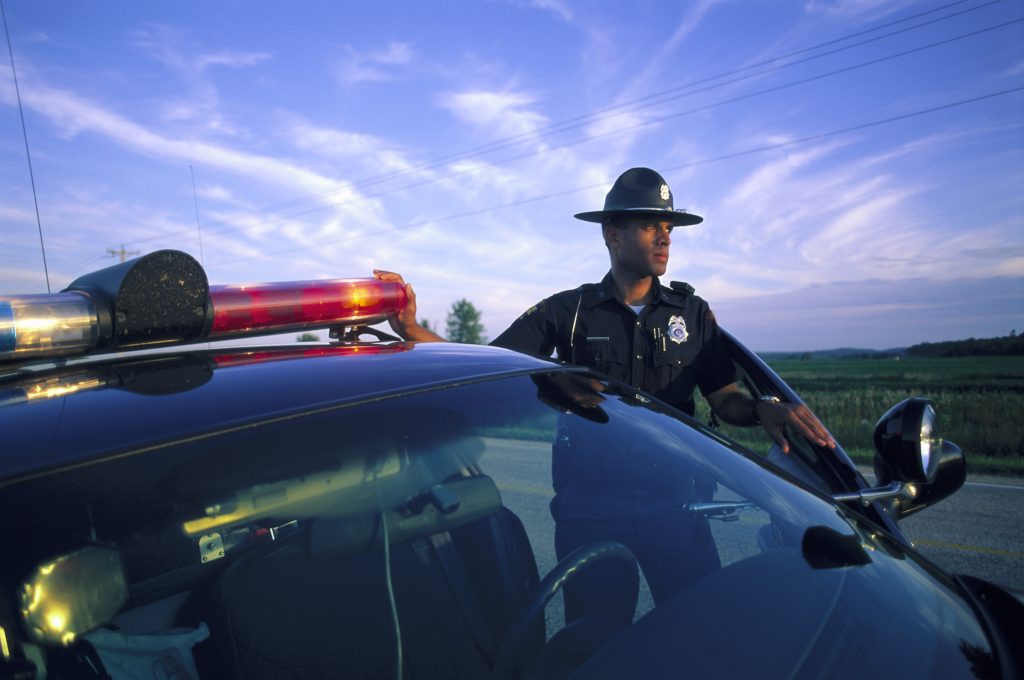
In the unfortunate circumstance that you are being questioned by a police officer, it is important to have a firm grasp of your rights. Police officers can pursue an investigation without informing you of certain rights, and in some cases, officers can outright lie if it furthers the investigation. From the outset, you don’t have to agree to participate in an investigation – you can say no. However, it is equally important to know that the police may continue to ask questions until you ask for a lawyer. In many cases, it’s best to just ask for a lawyer straight away. You don’t have to be a suspect in a case to ask for a lawyer.
Remaining Silent
Additionally, you have the right to remain silent, as per the Fifth Amendment, but if you wish to exercise this right, you should make it known to the officer in a clear manner. Most of the time, the only information you are required to give a police officer is your name (or proof of identification if you are stopped in a vehicle). That being said, be sure not to confuse questions with commands, as police officers may, in some cases, give you orders.
In short, if a police officer asks to question you, the quickest clearest response might be “I am remaining silent and want a lawyer.”
Going to the Station
To reiterate, you have the right to refuse to accompany an officer to a police station for questioning. If you are asked to go to the station, it is a good idea to delay questioning until you are able to retain an experienced criminal defense attorney. An attorney can help you determine whether you should be concerned. It is advisable to have a lawyer present when being questioned, as it is an unnecessary risk to go through the process alone. If you can’t afford one, you’re entitled to a court appointed lawyer at no charge.
Avoid Asking Unnecessary Questions
You (and the police) may not be aware of all the facts. For this reason, it’s best not to ask unnecessary questions like “did I do something wrong?” Officers are generally permitted to lie to you, if it means you might confess your guilt, so leading questions could do more harm than good. This is especially true in cases where you aren’t even aware you did something illegal, such as purchase stolen property from a friend.
Extreme Situations
You may find yourself in a tense situation, such as a protest, where officers are pulling people aside to ask questions. It’s very important to stay calm in these situations and to keep control of your words and your bodily movements. For instance, if a police officer asks to pat you down, tell him or her calmly that you do not consent to a pat down, but do not physically resist. And before the officer even begins questioning you, ask if you are being detained. If the response is “no,” you are free to calmly depart; however, you should make sure that your compatriots are safe before departing – this might include asking detained protesters if they need you to contact family or friends.
Technically, the First Amendment allows you to swear at police officers, but it’s not advisable to do so (especially in tense situations), as this can escalate the situation. And although officers may legally lie to you, it is illegal to lie to the police. Once the officer is done questioning you, write down everything that happened and take pictures of any injuries, if applicable.
Quell Your Fears
It’s totally understandable if you end up being nervous or scared of police during questioning. To help quell your fears, you may want to retain an experience criminal defense lawyer who can offer you legal protection if you happen to become a suspect in a case.
